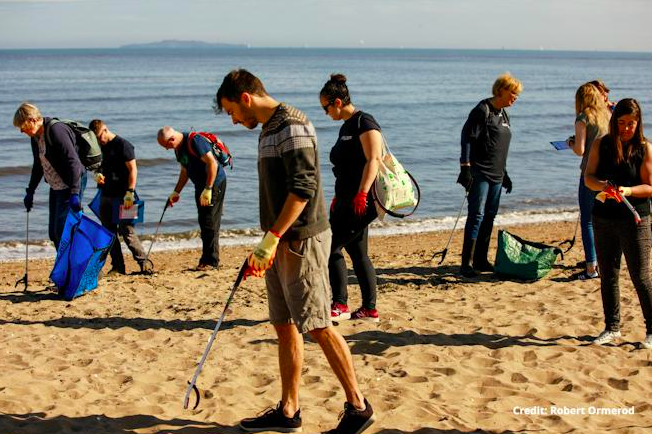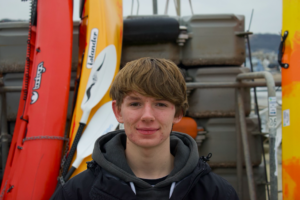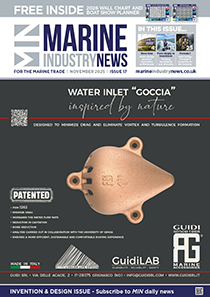Litter surveys reveal the state of UK beaches

The Marine Conservation Society has released its data about 2022’s beach clean. And while some aspects of the clean-up are better than in previous years, there is still a fantastically long way to go – with wet wipes, glass bottles, cigarette butts and plastic plaguing the shores.
The society says an incredible 13,615 volunteers removed litter from their local beaches (a 47 per cent increase in volunteers between 2021-2022) and submitted over 1,000 litter surveys. Volunteers cleared 17,772kgs of litter from 97 miles of beach which represented 393,150 litter items being removed. This works out as, on average, 165 litter items found per 100m of beach.
The good news is that the amount of litter recorded on beaches decreased by 11 per cent across the UK and Channel Islands compared to 2021, with each nation seeing a reduction. Overall, the number of litter items found per 100m decreased by 38 per cent since 2016, when litter levels peaked.
The society says that this highlights the effectiveness and influence of policies which reduce pollution, and the hard work of communities and volunteers who have campaigned alongside them.
But, plastic continues to pollute UK and Channel Island beaches, with plastic and polystyrene accounting for 81.5 per cent of all the litter recorded. Nine of the top ten litter items were plastic or polystyrene, including plastic packets, bags, wet wipes, drinks bottles, and caps and lids.
While some of these items, such as drink containers, are expected to decrease with the introduction of deposit return schemes and bans on some single-use items, society must look to reusable options and work toward a circular economy.
70 per cent of cleans recorded drinks-related litter, 64 per cent found metal drinks cans and 53 per cent found glass bottles, highlighting the importance of urgently introducing effective Deposit Return Schemes.
Wet wipes are still a major problem in certain areas of Scotland. Over 30,000 wet wipes were picked up in 2022, highlighting the need for a ban on plastic in single-use wet wipes, as well as additional support to switch to reusables. This is in addition to more monitoring and improvements of Scotland’s wastewater network.
Cigarette butts are decreasing, but they remained the fourth most common items polluting Welsh beaches.
In England, over a third of the cleans found glass pieces (36 per cent) last year, with over half finding glass bottles – higher than the levels recorded in Scotland, which is including glass in its deposit return scheme (8,883 glass pieces were found on English cleans).
The society says that while single-use plastic remains a widespread problem, with 99 per cent of cleans reporting single-use plastic items, it is seeing improvements, with the average number of items found per 100m decreasing by a quarter.
The Channel Islands were the only region in the UK to see an increase in the amount of litter found compared to 2021.
Like the other nations, plastic and polystyrene is a major issue on the Channel Islands, with over 71 per cent of all litter found made of the materials. This again highlights the need for an effective circular economy and a move away from single-use items which continue to pollute beaches.
The society says, as with Northern Ireland, it’s currently unable to draw statistical conclusions from the Channel Islands data and would love to get more volunteers from both geographies involved in cleans and litter surveys.
Image courtesy of Robert Ormerod.










